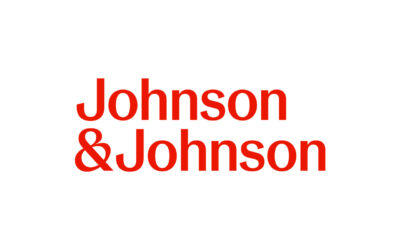 As the world struggles with the coronavirus (COVID-19) outbreak, Asian countries are galvanizing every digital tool at their disposal to curb the spread and better manage the evolving pandemic. Using digital contact tracing, governments have begun a massive exercise of tracking people’s movement via their smartphones and identifying all those who may have come in close contact with confirmed cases, says GlobalData, a data analytics company.
As the world struggles with the coronavirus (COVID-19) outbreak, Asian countries are galvanizing every digital tool at their disposal to curb the spread and better manage the evolving pandemic. Using digital contact tracing, governments have begun a massive exercise of tracking people’s movement via their smartphones and identifying all those who may have come in close contact with confirmed cases, says GlobalData, a data analytics company.
“With the pandemic worsening every day, the digital contact tracing technology can help various governments to access the in-depth movement data of their citizens using smartphones and swiftly identify at-risk cases. The technology is already helping countries such as China, South Korea and India in containing the spread of COVID-19,” Venkata Naveen, disruptive tech analyst at GlobalData, said.
The Innovation Explorer Database of GlobalData’s Disruptor Intelligence Center reveals real-world examples of how contact tracing technology is increasingly becoming crucial to contain the spread of COVID-19.
China – Close Contact Detector
China’s National Health Commission has developed the mobile app Close Contact Detector to help people identify whether they are at the risk of being infected with the novel coronavirus. Users can access the app by scanning a QR code through platforms such as QQ, Alipay and WeChat. The app alerts users in case they are in close contact with people who have been confirmed or suspected of having the virus.
The mobile app helps authorities to collect data on the spread of COVID-19 as well as to educate people on steps to follow if they have been in close contact with the virus.
South Korea – Corona 100m
South Korea has launched a central tracking app called Corona 100m that publicly alerts individuals through push notifications if they had come across any COVID-19 patients within 100 meters of where they are.
The mobile app pulls relevant data from government sources such as the Korea Centers for Disease Control to show when a patient was diagnosed with COVID-19, along with the person’s age, gender and places of visit. The Corona 100m app has been downloaded more than one million times in the first three weeks of its launch in mid-February 2020.
India – Aarogya Setu
India’s National Informatics Center has created the mobile app Aarogya Setu to track COVID-19 patients or suspected cases that need to be quarantined. The app uses Bluetooth technology and the phone’s location data to automatically identify if a patient put under quarantine has come into close contact with another individual, reducing the time and errors associated with manual identification.
It is equivalent to two mobile phones coming in contact with each other and remembering the location and time using Bluetooth. The mobile application, available in 11 languages, caters to a large number of people in the country. It has become one of the fastest-growing mobile apps in India with more than 50 million downloads since its launch on April 2, 2020.
“Digital apps have the potential to help authorities know everything about the pandemic – its place of origin, where it’s heading next and other crucial epidemiological insights to mitigate it. Taking cues on how various Asian countries are leveraging smartphones to slow the spread of the novel coronavirus, the U.S., UK and European countries are fast catching up to develop similar digital contact tracing tools,” Naveen concludes.









